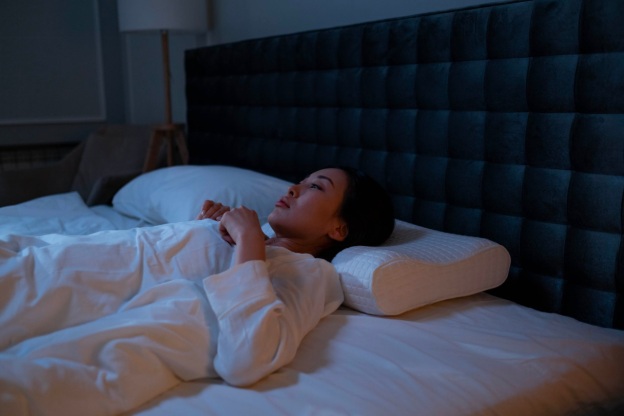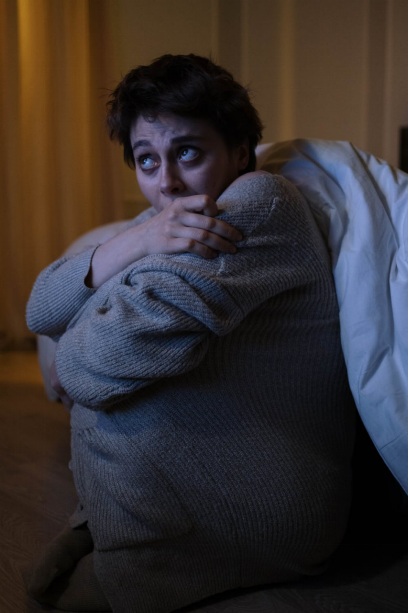According to the Sleep Foundation, roughly 30-40% of adults in the US suffer from insomnia and sleeplessness at some point in their lives. For some, it’s temporary and situational and may result from life changes, changes in routine, and other factors, but for millions of others, it’s a chronic issue that can take a toll on their mental, physical, and emotional well-being.
Among those who are affected by insomnia and, as a result, sleep deprivation, some are more vulnerable than others, including:
People dealing with anxiety and stress
It’s no surprise that high levels of stress and anxiety can take a toll on your sleeping habits and contribute to, if not cause, insomnia. The ‘hyperarousal’ that comes with anxiety can keep you up for hours, with recurring thoughts, fears, ideas, and general stressors that go unchecked and unmanaged. Other conditions such as PTSD can also play a role in the loss of sleep and require support and treatment.
Individuals with chronic illnesses and conditions
Chronic health conditions like diabetes, arthritis, and many more can impact pain levels and quality of life for a lot of people, making it difficult to sleep. When they do sleep, many struggles with pain and restlessness or discomfort as a result of their health, impeding the quality of sleep they get.

Those who stay up late because of work or jobs
Another at-risk group for insomnia and loss of sleep is people who work at night. Whether it’s those who work the graveyard shift or those who feel more productive at night and are night owls, the risks of developing sleep disorders and struggling to maintain quality sleep and good sleep hygiene go up significantly.
Typically women suffer from insomnia more
This may not be surprising to many, but studies show that women struggle with insomnia and loss of sleep far more than men. Gender plays an interesting role in this and can be linked to multiple factors, including post-partum sleep deprivation, anxiety, fatigue, and different issues that make it worse.
Begin by adding more structure to your routine and seeking help to address the reasons for your insomnia and sleeplessness. Work with Rekha Shrivastava, a certified hypnotist in Rochester, NY, on treating anxiety and depression, PTSD, and other issues and their impacts on sleep and rest. You can get started with a free consultation online or in-person–contact us to know more.


Be First to Comment